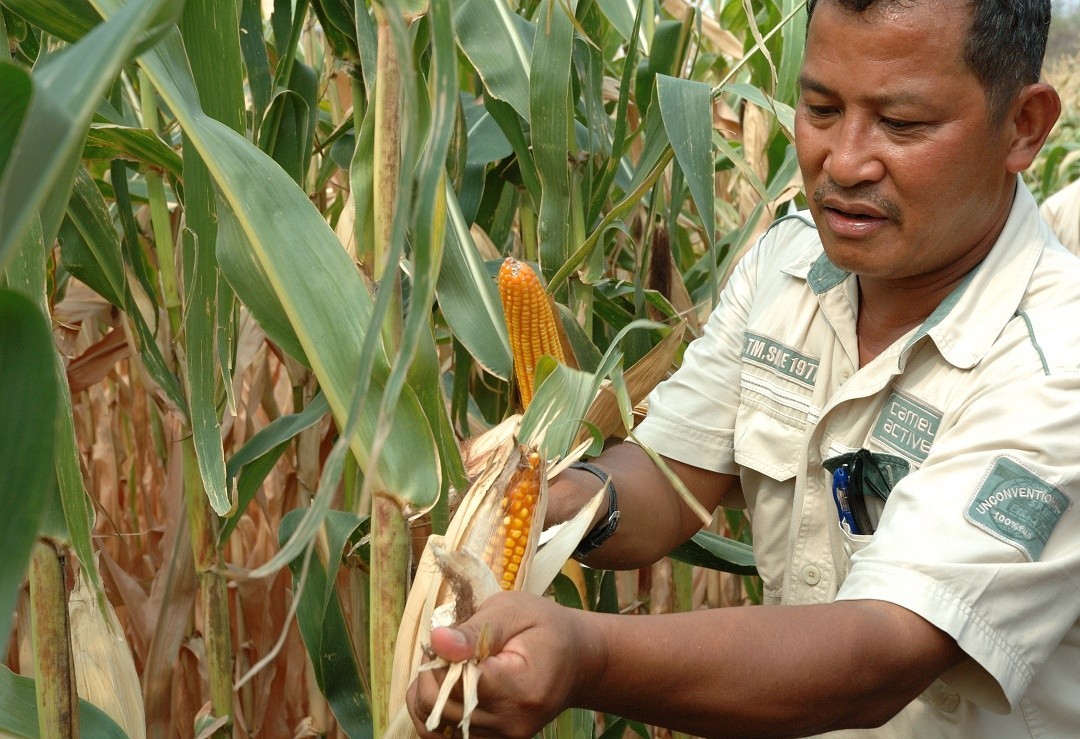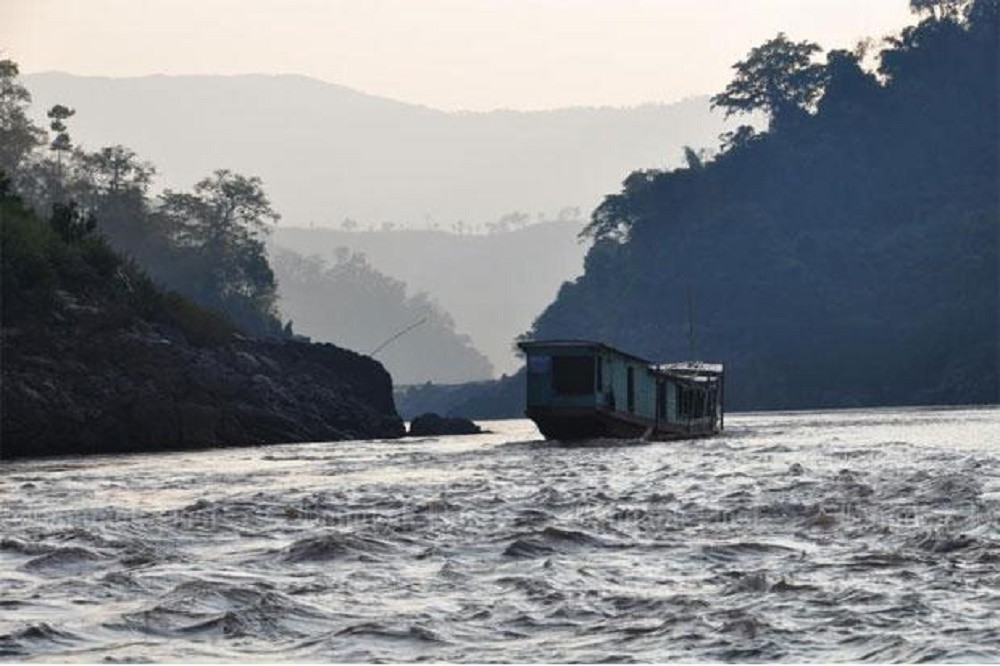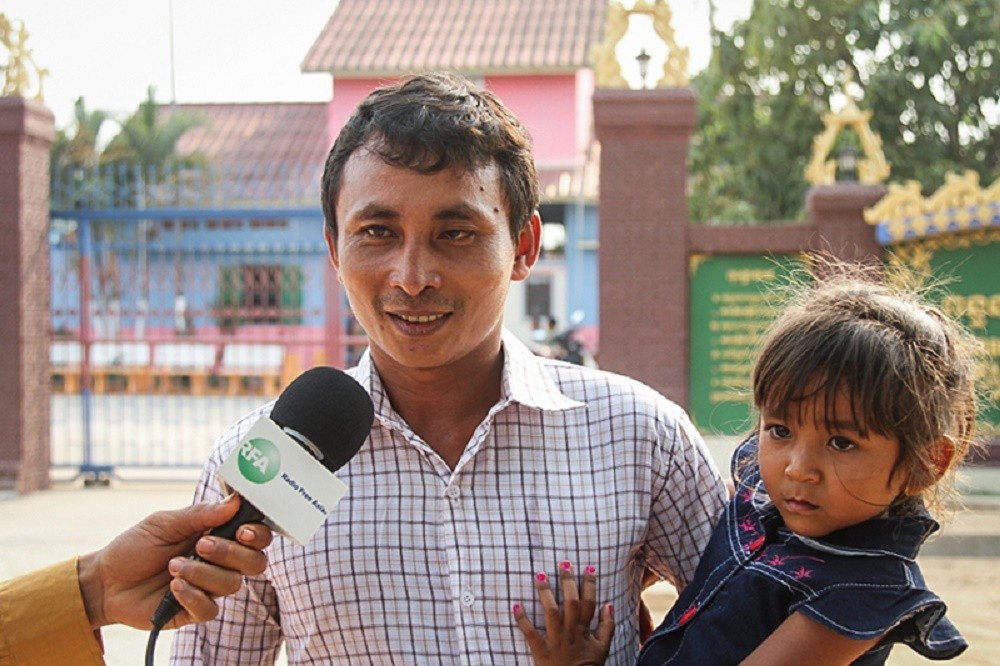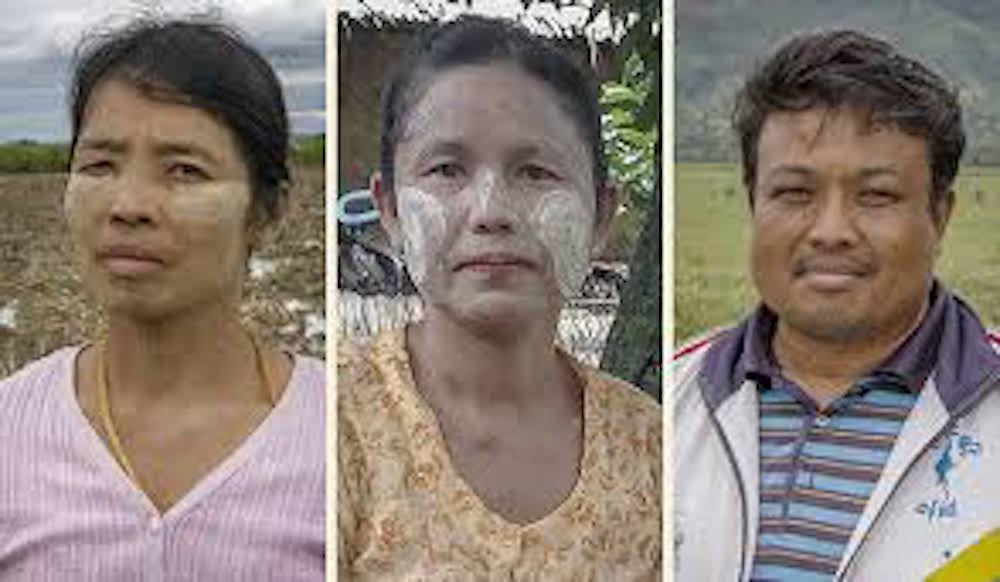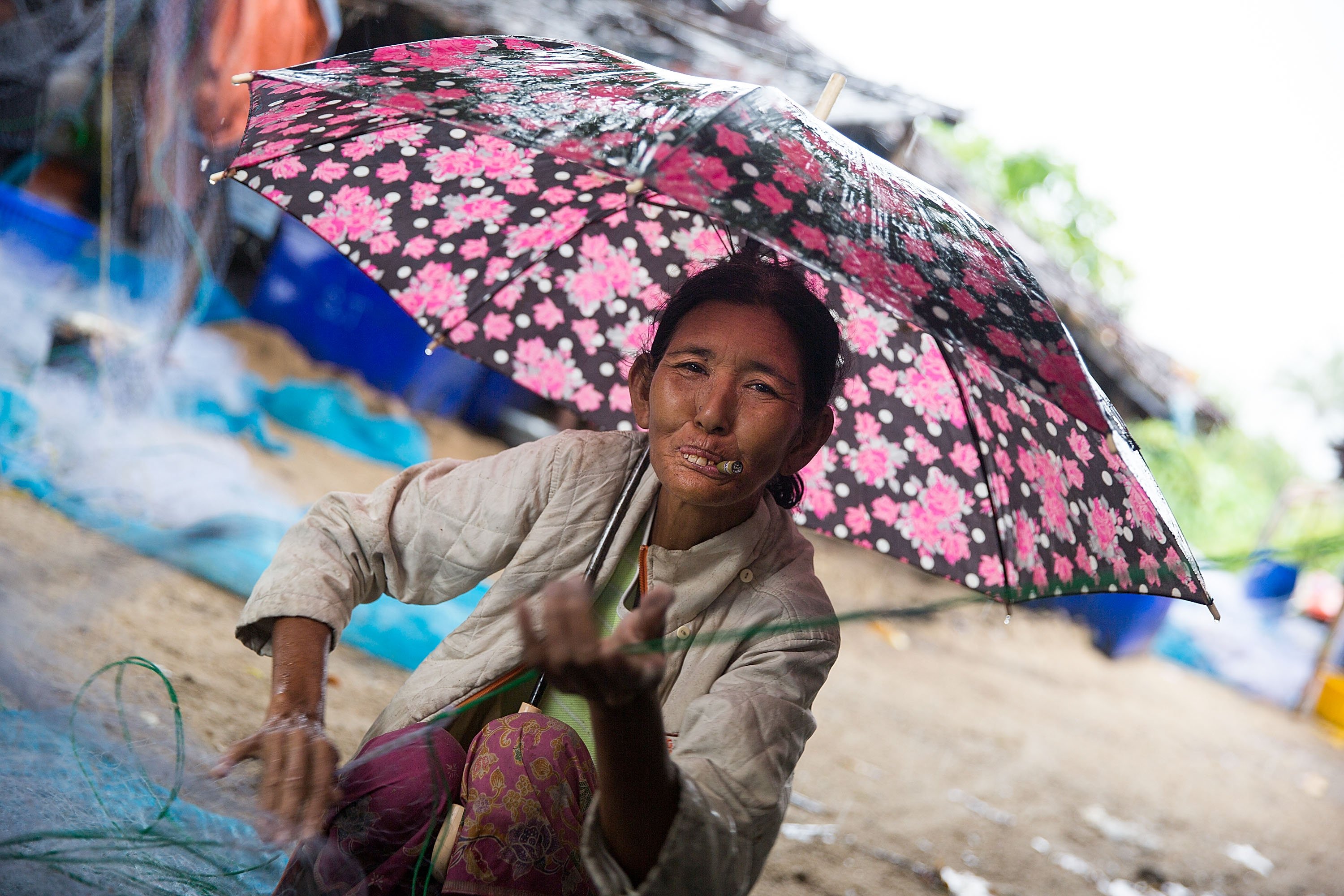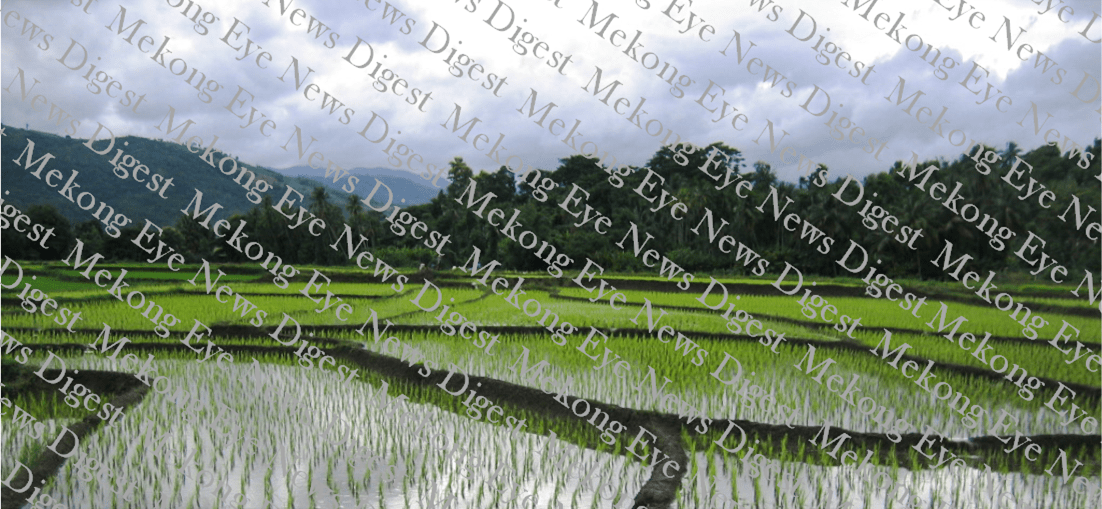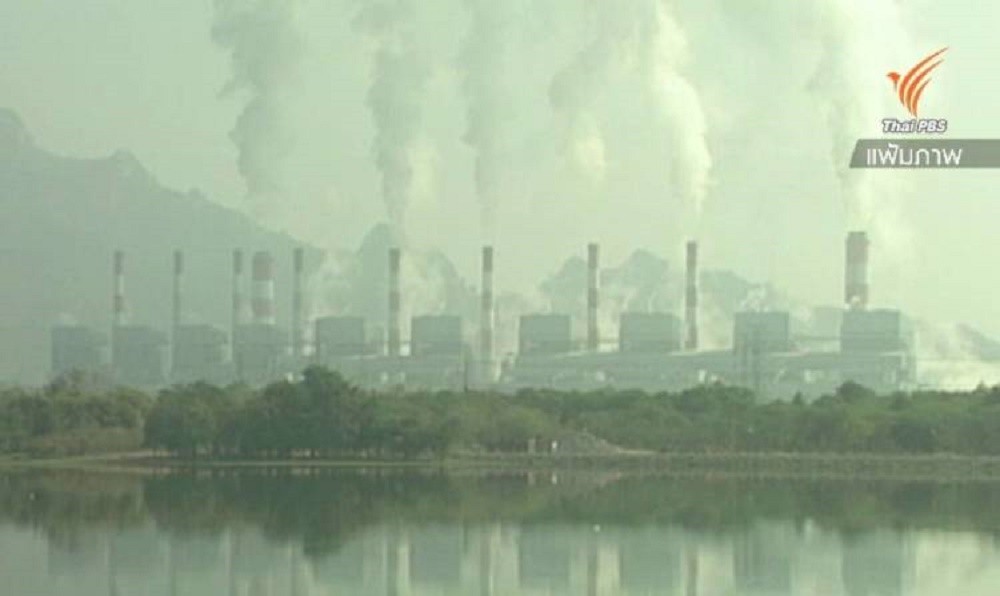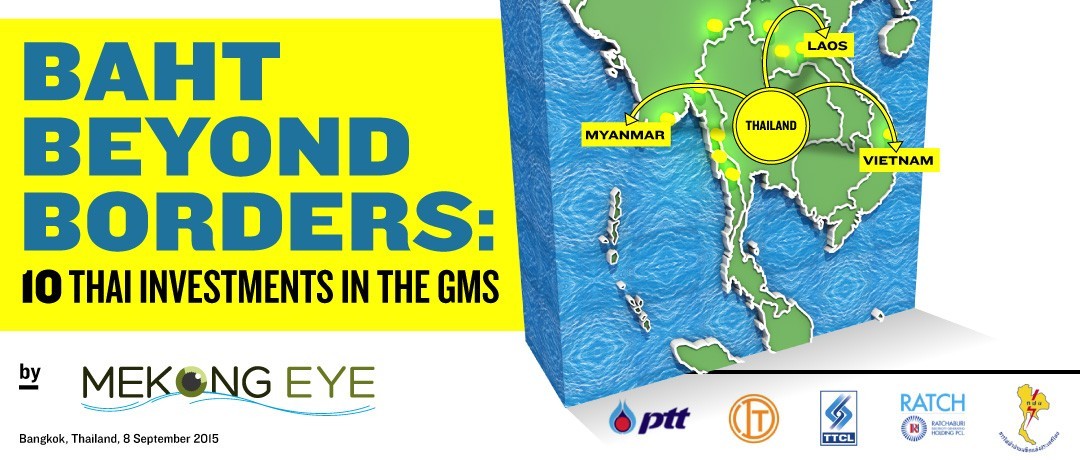Kachin Organizations On March 1, 2016, 103 leaders of Kachin State from 61 organizations from civil society organizations, political parties, and religion organizations met at Myitkyina, Kachin State to discuss “Natural Resource Governance in Kachin State”. The following statements were agreed collectively at the forum. 1) To institute federalism, self-determination in no time with administration, […]
Tag: Environment
Linking rural development with SDGs
The 2030 agenda for sustainable development undoubtedly proposes an exciting vision, and promises a future of peace and prosperity; but these goals will not be easy to achieve unless we develop effective global partnerships and learn from the outcomes of Millennium Development Goals (MDG). We need to investigate both the successes and failures of MDGs, set our focus on result-oriented development, and encourage government and their development partners to think about the linkages between plan, policy, delivery and monitoring in resource mobilisation and management.
Dam Building on Lower Mekong Accelerating, Threatening Path of Destruction
This week the hydro-power industry gathered in Vientiane, Laos to attend the International Conference and Exhibition on Water Resources and Hydro-power Development in Asia.
The conference comes at a time when the pace of dam building on the lower Mekong River mainstream appears to be accelerating at a dangerous speed, and it threatens to leave a path of destruction in its wake.
Environmental Campaigner Convicted of Forestry Crime
A prominent anti-dam activist in Koh Kong province who has been jailed since October was convicted Thursday of illegal logging and given a suspended prison sentence, allowing him to walk free but leaving the shadow of a criminal conviction hanging over him.
The decision marked the first conviction of an activist affiliated with the group Mother Nature, which has been a thorn in the side of the government for the past two years due to its provocative and eye-catching protests against the impending construction of a hydropower dam in Koh Kong’s Areng Valley.
Myanmar: The great land rush
Hla Ohn May still weeps when she takes the road past the twisted white piping of the gas terminal near the western Myanmar town of Kyaukphyu. The 46-year-old farmer and mother of five once owned land on this green strip perched above the blue waters of the Bay of Bengal.
Then she and fellow villagers were bought out by a consortium, which included the state-owned China National Petroleum Corporation and the Korean conglomerate Daewoo. Kyaukphyu is now the starting point for a pair of immense Beijing-backed transnational energy pipelines, turning these wild shores into what some are calling “China’s west coast”.
The development is a big part of fast-opening Myanmar’s efforts to exploit its position at the crossroads of Asia. The lush fields where Ms Hla Ohn May and other farmers used to plant rice and beans are mere industrial landscaping now, manicured behind fences by company workers in orange jumpsuits. Ms Hla Ohn May was paid Kt2.78m ($2,250 at current exchange rates) but feels she was short-changed for giving up the only productive asset she ever had.
Prospects for Regional Cooperation on Environmental Impact Assessment in Mainland Southeast Asia
Pact inquired with ministries and other actors about the prospects for more effective environmental impact assessment (EIA) policy and practice and the role of multi-stakeholder cooperation at the regional level to improve EIAs in the five Lower Mekong countries (Cambodia, Lao PDR, Myanmar, Thailand and Vietnam). A team of country experts analyzed the relationships and interests involved in improving the state of EIA. Pact’s analysis indicates that there is strong support among government and non-governmental stakeholders alike for reform of national EIA procedures, increased public participation, and development of a regional EIA standard. Pact hopes this research encourages continued dialogue across boundaries and stakeholder groups in order to tackle the pressing development challenges facing the Mekong region.
Dawei SEZ project sparks hopes and worries
At present, there is only a wide road and vast fields but the area will soon be a flourishing major economic hub for neighbouring countries including Thailand and Myanmar. It is the site of the Dawei deep-sea port, the largest in the country, with a project area spanning thousands of square kilometres.
Iron mine damages 25ha of rice fields
The exploitation of an iron mine has caused landslide, damaging some 25ha of rice fields in Ho Hamlet, Huong Son Commune, Huong Hoa District of the in this Central Quang Tri Province.
The local authority identified an upstream iron mine, managed by Hoanh Son Industry, Trade and Services JSC, as the source of the problem.
Legal officers discuss environmental issues and court to punish offenders
Environmental problems have been escalating and impacting people at large, resulting in both private and public litigations. While the environmental justice process involves government sectors that could delay the trial process, making solving of environmental problems too difficult to heal.
Eye On: Baht Beyond Borders
With public opposition to major infrastructure projects a growing concern, and willing partners in neighboring countries eager to pick of the slack, Thailand’s industrialists are fanning out in all directions. Energy projects dominate the mix, including coal, gas and hydropower. As a result, it’s the Electricity Generating Authority of Thailand driving much of the activity.



